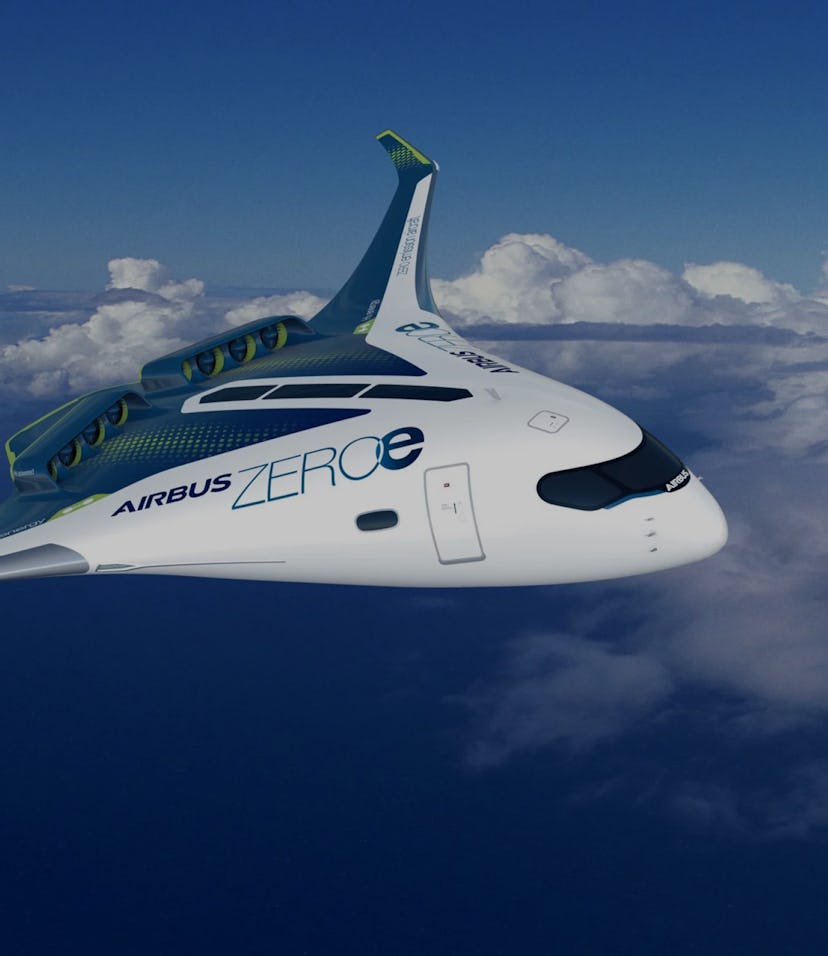Tech
Airbus thinks liquid cooling could advance zero-emissions air travel
Cooling an electric powertrain to cryogenic temperatures can make components run more efficiently. So Airbus is testing one for use in airliners.

Airbus is testing a liquid-hydrogen solution for airliners, and it thinks that hydrogen fuel could provide more benefits than just eliminating emissions: it could also make aircraft components operate more efficiently.
Double duty — One of the biggest challenges to using hydrogen is storing it efficiently. In gas form, it takes up a lot of volume, so Airbus has been experimenting with storing it as a liquid. Doing so requires cooling hydrogen to temperatures around -253.15 Celsius, which comes with its own challenges.
Airbus thinks that if you were to pump this super cold fuel source around an aircraft’s powertrain, you’d be able to cool the components to superconducting temperatures. Superconducting eliminates resistance, allowing electric currents to flow through cables and motors without losing any energy to friction.
In theory, that means efficiency would skyrocket. Airbus says such a system could potentially get the same job done at less than half the weight of existing powertrains, because you’d need less fuel, and the electrical losses would be halved. That’s good because the cost of hydrogen fuel remains high.
To test the idea, Airbus is developing a concept system over the next three years. It will consist of a 670-horsepower powertrain with cables, controllers, electronics, and motors that are cryogenically cooled by liquid hydrogen pumped around from the fuel tank. It’s unclear how Airbus will ensure its entire store of liquid hydrogen remains cooled, but that’s evidently something it hopes to work out.
Decarbonization — Even though electric cars have proliferated, zero-carbon flying remains a dream... for now. That’s because batteries are heavy and store much less energy than current aircraft fuel can be translated into. Airplanes need to fly much further distances than cars, too, so they need a lot of energy onboard.
Airbus is betting that liquid hydrogen could be the answer as it is very energy-dense, but the technology needs to mature and infrastructure needs to be developed around it — airports don’t have hydrogen fuel stations, for instance. And hydrogen isn’t actually green yet in many instances, as the process to extract it from water uses a lot of energy, often from dirty energy sources itself.
Hydrogen has a chicken and egg problem — the fuel is expensive because it’s not widely used, but nobody wants to develop hydrogen products if there isn’t a market for it. Renewed global efforts to transition away from fossil fuels could be the boost needed to change that. A major aircraft maker finding a solution and use case would help, too.